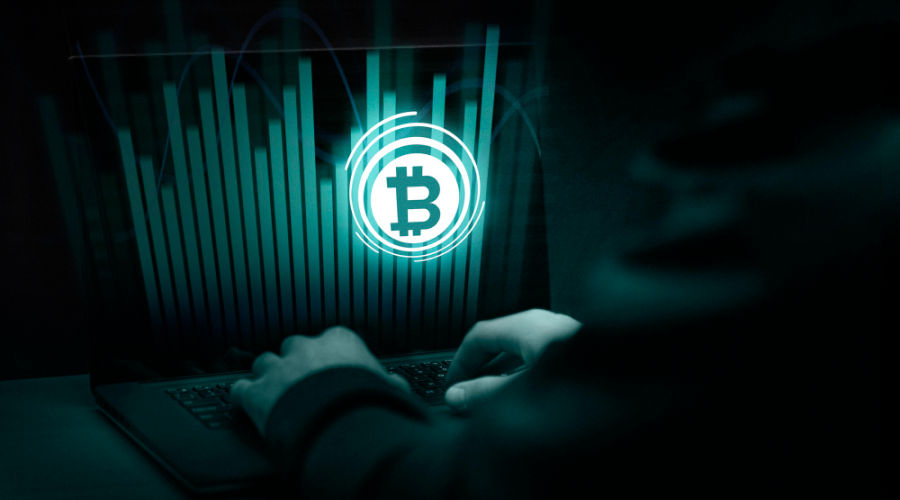Most Incredible Blockchain Real Estate Use Cases
Blockchain technology has been gaining popularity in recent years as a solution for many industries, including real estate. Through tokenization and the use of non-fungible tokens (NFTs), the real estate industry has the potential to become more efficient, secure, and accessible to investors. In this article, we will explore the top ten most incredible blockchain real estate use cases.
Tokenizing Real Estate Assets
Real estate tokenization involves the process of converting real estate assets into digital tokens that can be traded on a blockchain. This allows for fractional ownership of the asset and enables investors to buy and sell smaller portions of the property. Tokenization also reduces the need for intermediaries, making real estate investment more accessible to a wider range of investors.
Generally, the power of blockchain to increase real estate liquidity can transform the entire commercial real estate sector. As a result, the blockchain-based tokenization of real estate is completely justified.
Streamlining Real Estate Transactions
Blockchain technology can streamline real estate transactions by eliminating the need for intermediaries such as real estate agents and title companies. The use of smart contracts can automate the process, reducing the time and cost of closing a deal.
Up until now, the real estate sector had to incorporate extensive documentation and a number of intermediaries. This has resulted in sluggish, expensive, and opaque financing and payment methods for real estate transactions.
Due to blockchain’s ability to completely eliminate chance of fraud, property transactions are no longer required to go via third parties.
In both rental and purchase cases, blockchain can be used to demonstrate that the parties involved have the necessary funds to complete the transaction.
Improving Property Management
Blockchain real estate can improve property management by providing a secure and transparent platform for property owners and managers to track property maintenance, rent payments, and other important information. This can reduce the risk of fraud and improve communication between property owners and tenants.
Enabling Global Automation of Real Estate Investment
Real estate tokenization can enable global investment in real estate assets. Through the use of blockchain technology, investors can buy and sell digital tokens from anywhere in the world, making real estate investment more accessible to a wider range of people.
Everyone is interested in the segment of the real estate supply chain that uses global automation and smart contracts. Blockchain technology offers distinct capabilities and advantages over conventional supply chains and logistics in the global real estate market, just like it does in the energy, oil, and gas industries.
With the use of tools that buyers and sellers can use anywhere in the globe, a universal system for buying and selling real estate is now achievable. You may automate all sales transactions and instantly verify their legitimacy with smart contracts. You may automate all sales transactions and instantly verify their legitimacy with smart contracts in commercial real estate.
Facilitating Real Estate Crowdfunding
Real estate crowdfunding involves pooling funds from multiple investors to purchase a property. Blockchain technology can facilitate real estate crowdfunding by enabling investors to buy and sell digital tokens representing fractional ownership of the property.
Enhancing Real Estate Market Transparency
Blockchain technology can enhance real estate market transparency by providing a secure and transparent platform for recording property ownership and transactions. This can reduce the risk of fraud and improve the accuracy of property records.
Moreover, combining big data and blockchain technology offers a higher chance for more precise tracking of customer and owner histories across borders and banks. It reduces the likelihood of default. Real estate big data players now have greater tools for information analysis and data-driven decision-making.
Improving Real Estate Investment Liquidity
Real estate investment liquidity refers to the ease with which an investor can buy and sell an asset. Through the use of blockchain technology, real estate assets can be tokenized and traded on a decentralized exchange, increasing investment liquidity and enabling investors to buy and sell smaller portions of the property.
Increasing Real Estate Investment Security
Blockchain technology can increase real estate investment security by providing a secure and transparent platform for recording property ownership and transactions. This can reduce the risk of fraud and ensure that property records are accurate and up-to-date.
Global blockchain technology integration will soon make financial and payment systems secure and open. These will be recorded so that each party has access to them whenever they need them.
Enabling Real Estate Fractional Ownership
Real estate is transformed by blockchain technology, which makes fractional ownership and investment possible. Real estate purchases involve a considerable financial commitment, especially in light of the ongoing increase in property values. Investors can pool their funds and buy a share of a property on the blockchain that they could not buy separately.
Fractional ownership refers to the ownership of a portion of an asset, rather than the entire asset. Blockchain technology can enable real estate fractional ownership by allowing investors to buy and sell digital tokens representing fractional ownership of the property.
Shared ownership also gives investors the flexibility to sell their ownership interest whenever they desire. Also, it enables them to avoid the self-management of real estate, including its frequent labor-intensive maintenance and leasing.
Creating Real Estate NFTs
Non-fungible tokens (NFTs) are unique digital assets that represent ownership of a specific asset, such as a piece of artwork or a collectible. Real estate NFTs can be created by tokenizing a specific property and creating a unique NFT representing ownership of that property.
Conclusion
In conclusion, blockchain technology has the potential to revolutionize the real estate industry through real estate tokenization, blockchain real estate, and fractional NFTs. These technologies can increase investment accessibility, liquidity, and security, while also improving market transparency and property management. As the adoption of blockchain technology continues to grow, we can expect to see more incredible use cases emerge in the real estate industry.
Frequently Asked Question
Ans – It turns the property into digital tokens for easier buying and selling.
Ans – It uses smart contracts to handle deals automatically, cutting out middlemen.
Ans – It tracks maintenance and payments securely, reducing fraud.
Ans – It keeps an unchangeable record of ownership and transactions.
They are unique digital tokens for property ownership, created on the blockchain.








